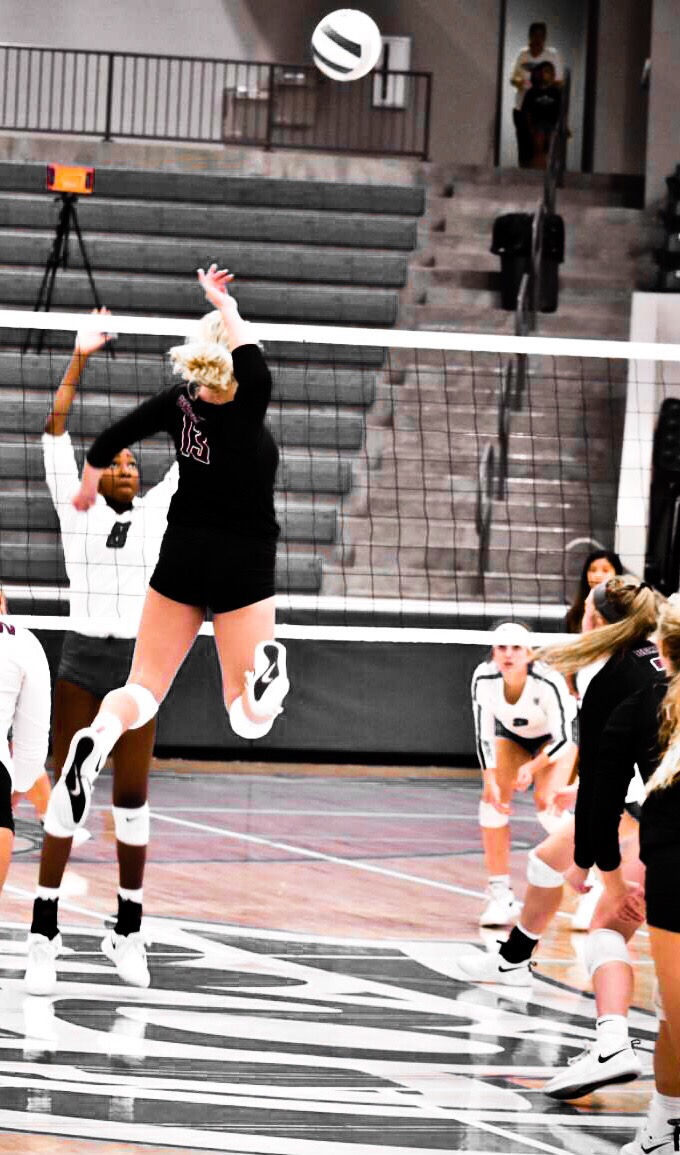Multi-Sport or na???
- Michael Richards

- Mar 10, 2018
- 3 min read
Updated: Nov 16, 2018
Michael Richards
ISSA Certified Strength Coach
Owner Elite Athletic Performance LLC
16 years of experience training athletes
Author:
Your Student Athlete; Should Do, Must Do, and Don’t
Each year I am asked this question or a variation of it “Mike, I love baseball and want to play it in college. Should I keep playing football(Basketball, etc)?“
For our female athletes it is usually between volleyball and basketball.
I am going to include a sketch of a flowchart to help wade through this decision making process and include a few thoughts I have on the topic. Hopefully you can zoom in and read the words but if not let me know and I can email this to you. I will eventually have a large graphic printed of this.📷
A few things to consider when making this decision.
1) I spoke about this in my book
Your Student Athlete: Must do, Should Do, and Don’t
📷
(Here is the link to that book if you want to check it out 😁.
It‘s $7.99 for a hard copy, $4.99 on Kindle)
I won’t go too deep into the discussion but here is the main point, if you aren’t good enough to play for a particular school, that coach does not care if you play 10 sports or one. If you cannot help said coach win games it absolutely does not matter how many sports you play in high school.
So, hypothetically speaking, an athlete has a desired school they really want to play for or “level” of school they wish to play(D1, SEC, Etc).
If his kid hits 10th grade getting nothing but crickets from the place or places they wish to play, one of two things needs to happen.
A) Time/Effort level dedicated towards getting better at that sport needs to go up.
B) Expectation levels need to go down.
Now, should the athlete choose choice A, they need to understand a second sport will drastically cut down on the amount of time available with which to do so.
2)Which one sounds like more fun?
- Playing your secondary sport?
- Or training for your 1st sport all off-season?
In my opinion, the answer to this question should pretty much make your choice for you. Look, you’re only a kid once. If your gut doesn’t want you to quit that second sport I personally advise you to continue playing it.
BUT....HEAR THIS JUNIOR , if you choose to continue playing said second sport, you forfeit the right to make statements such as “Ill do anything to make my dream of playing *insert sport* at *insert school or level of school* happen” Capish?? (Did you know that word is actually spelled ”Capisci”?)
Does that clear things up a bit?? If you need a larger picture of the flow chart pictured above let me know.
Oh oh and I have to add this Disclaimer: we as a society are AWFUL about putting sports above everythin. I have to say this for my own peace of mind,
It is OK for a kid to not DREAM about playing collegiate sports. it does not make them less of a person if they do not share your inspiration for the Sport. Just be supportive, if you lay off of them you have at least a puncher’s chance they will change their mind. If you continue to try to force that round peg into a square hole it will only make their desire to play and train worse and MORE IMPORTANTLY impact your relationship with them.
Will they regret it when they get our age? Probably. But if you force them to do something they don’t want to do, and don’t allow them to make their own mistakes it only makes the situation worse. I often say one of the hardest parts of my job is having so many teenage kids standing on a metaphorical train track. I am screaming at them that the train is coming directly at them but they refuse to listen. At some point you have to let them get run over by it since it is after all, a metaphorical train, not a life ending one. If you go tackle them off of the metaphorical train tracks, not only will they resent you for doing so, they wont even believe you that the train was ever coming at them in the first place......ahhhh kids, such bundles of joy.

Pick up a copy of my book today! Click the link below for Kindle Version and Paperback available on Amazon!Your Student Athlete; Must Do, Should Do, and Don’t The “Owner’s Manual” for parents to maximize their kid’s time, help them perform better, and avoid injury




Comments